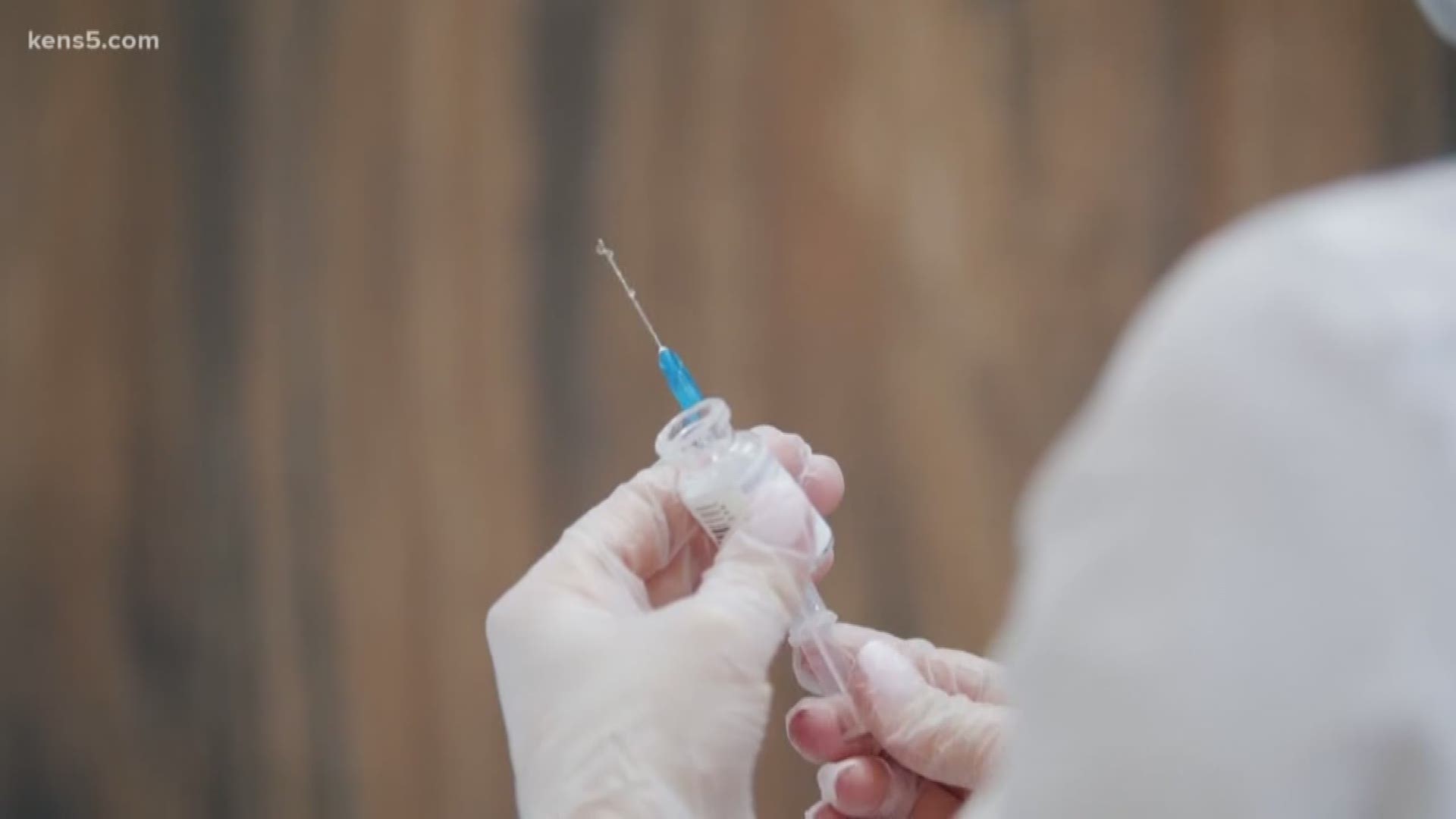SAN ANTONIO — Catching any cancer early is the key to getting rid of it and extending your life. Prevention is even better.
"Cervical cancer is a cancer that starts in the cervix. It is caused by the human papilloma virus or HPV virus," said Dr. Georgia McCann, an associate professor of gynocologic oncology in the Department of Obstetrics and Gynecology at UT Health San Antonio, and who also serves as a specialist in Gynecologic Oncology, Obstetrics & Gynecology within the University Health System.
She says the signs are typically subtle, but sometimes are noticeable.
"Women may experience a heavier period than normal," McCann said. "Sometimes they may experience bleeding between periods or bleeding after intercourse. They may also experience an abnormal discharge."
Around the world, close to 600,000 women are diagnosed with new cases of cervical cancer every year. 13,000 of those are in the U.S., making it the fourth-most-frequent cancer in women, resulting in roughly 4,000 deaths every year.
The most common cervical cancer risk factors include women with herpes, those who smoke, having an immune system deficiency, women over the age of 40 and those who did not get an HPV vaccine.
"The HPV vaccine is recommended to be given to both boys and girls between the ages of 9 and 11," McCann said.
Males can't get the cancer, but they can still get the virus. That's why the vaccine is so important—even if you've already been exposed to the virus in the past.
"The recommended ages are 9 to 11, but there is approval for catch up vaccination up to the age of 45," McCann added.
Regular visits to the doctor for Pap smears are necessary too.
"See your gynecologist on a regular basis and have routine Pap smears to pick up early changes in the cervix, so we catch pre-cancerous cells before they actually become cancer so we can treat it and prevent cancer from happening."
For more information about family health, call (210)358-3085. You can also find the rest of our Wear The Gown stories at WearTheGown.com.

